Love in the Time of Cholera
 Love in the Time of Cholera by Gabriel García Márquez (1985). Márquez takes the love triangle to the limit in this story of an ever hopeful romantic who waits more than fifty years for his first love. When his beloved’s husband dies after a long, happy marriage, Florentino Ariza immediately redeclares his passion. After the enraged widow rejects him, he redoubles his efforts.
Love in the Time of Cholera by Gabriel García Márquez (1985). Márquez takes the love triangle to the limit in this story of an ever hopeful romantic who waits more than fifty years for his first love. When his beloved’s husband dies after a long, happy marriage, Florentino Ariza immediately redeclares his passion. After the enraged widow rejects him, he redoubles his efforts.
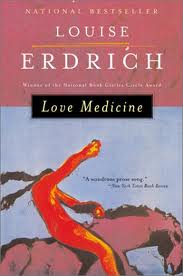 Love Medicine
Love Medicine Lucy
Lucy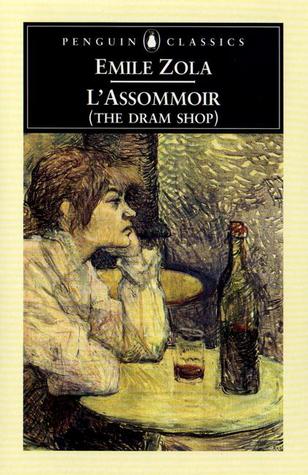 L’Assommoir (The Dram Shop)
L’Assommoir (The Dram Shop) Macbeth
Macbeth
 Mahabharata
Mahabharata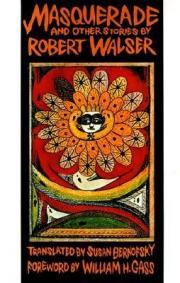
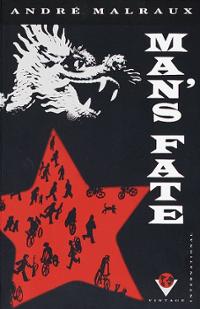 Man’s Fate
Man’s Fate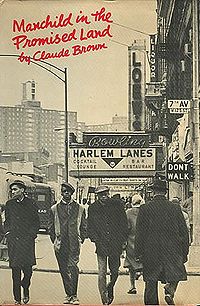 Manchild in the Promised Land
Manchild in the Promised Land